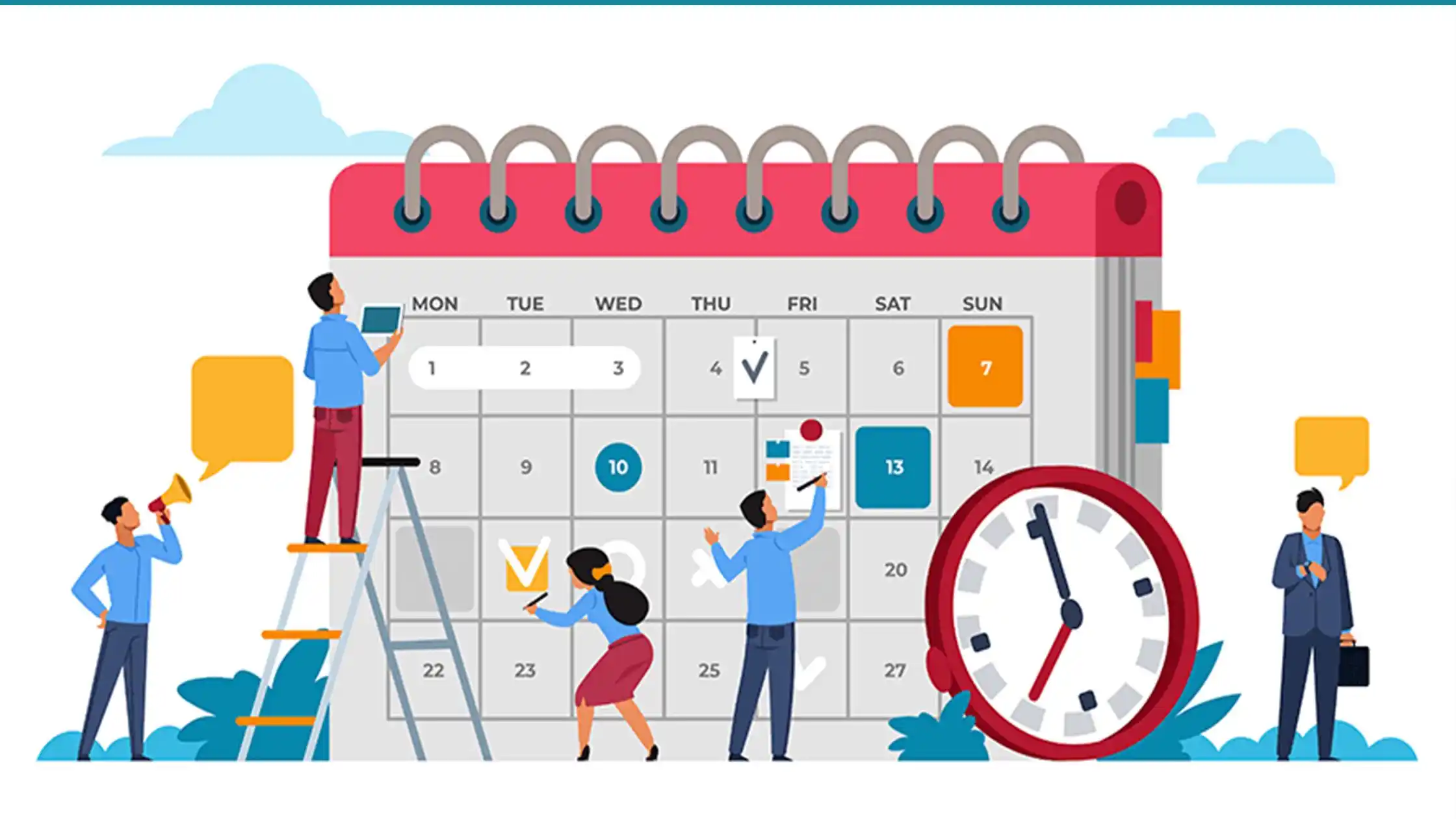Time management is a foundational skill that plays a pivotal role in our personal and professional lives. Effectively managing your time allows you to make the most of your hours, accomplish your goals, and reduce stress. In this guide, we will explore proven techniques and strategies to enhance your time management skills. Whether you're a student juggling coursework, a professional managing a busy schedule, or anyone seeking to make the most of their time, these tips will help you prioritize tasks, stay organized, and achieve a better work-life balance.
1. Set Clear Goals: Define your short-term and long-term goals. Knowing what you want to achieve will help you prioritize your tasks
2. Prioritize Tasks: Use techniques like the Eisenhower Matrix to categorize tasks into four quadrants: urgent and important, important but not urgent, urgent but not important, and neither urgent nor important. Focus on tasks in the first two categories.
3. Create a To-Do List: Make a daily or weekly to-do list. Include both work-related and personal tasks. Keep it realistic and manageable.
4. Plan Your Day: Allocate specific time blocks for tasks on your to-do list. Consider using time management techniques like the Pomodoro Technique (25 minutes of focused work followed by a 5-minute break).
5. Eliminate Distractions: Identify common distractions in your environment and minimize them. This might mean turning off notifications on your phone, using website blockers, or finding a quiet workspace.
6. Use Technology Wisely: Utilize digital tools and apps for task management and scheduling. Calendar apps, task management apps, and note-taking apps can be incredibly helpful.
7. Learn to Say No: Don't overcommit. If a new task or responsibility doesn't align with your goals or fit into your schedule, politely decline or negotiate.
8. Delegate When Possible: If you have a team or colleagues, delegate tasks that others can handle effectively. Delegation frees up your time for higher-priority activities.
9. Batch Similar Tasks: Group similar tasks together. For example, respond to emails during a designated time rather than sporadically throughout the day.
10. Set Deadlines: Even for tasks that don't have external deadlines, set your own. This creates a sense of urgency and helps you stay on track.
11. Use Time Blocks: Allocate specific blocks of time for focused work, meetings, and breaks. Stick to your schedule as closely as possible.
12. Review and Reflect: At the end of each day or week, review what you've accomplished and adjust your plan if necessary. Reflect on what worked and what didn't.
13. Practice Self-Care: Ensure you get enough sleep, eat well, and engage in regular exercise. A healthy body and mind are essential for effective time management.
14. Learn to Delegate: If you have the option, delegate tasks to others. Delegation can free up valuable time for more critical responsibilities.
15. Stay Flexible: Unexpected events can disrupt your schedule. Learn to adapt and reschedule tasks when necessary.
16. Use Time-Blocking: Allocate specific blocks of time for different types of tasks. For example, you might allocate 9 AM to 11 AM for focused work, 11 AM to 12 PM for meetings, and so on.
17. Avoid Multitasking: Focus on one task at a time. Multitasking can reduce your efficiency and lead to errors.
18. Set Boundaries: Establish clear boundaries between work and personal life. This helps prevent burnout and maintains work-life balance.
19. Seek Continuous Improvement: Regularly assess your time management skills and look for ways to improve. Be open to trying new techniques and strategies.
20. Celebrate Achievements: Acknowledge your accomplishments, both big and small. Celebrating your successes can boost motivation.
Remember that effective time management is a skill that takes practice and continuous refinement. It's about making intentional choices about how you spend your time to align with your goals and priorities. By implementing these strategies, you can make the most of your time and achieve a better work-life balance. As we conclude this exploration of time management, remember that it's not about squeezing every minute of your day with tasks. It's about using your time intentionally to create a life that aligns with your values and goals. By implementing effective time management strategies, you can reduce stress, increase productivity, and find more opportunities for personal growth and enjoyment. Make a commitment to regularly practice these techniques, adapt them to your unique circumstances, and stay open to learning and improvement. Ultimately, the art of time management is a lifelong journey, and with dedication, you can master it to lead a more fulfilling and balanced life.
Thank you for reading....





No comments:
Post a Comment